

A microwave digestion system is a laboratory instrument used for the digestion of samples, particularly those containing organic or inorganic compounds, prior to analysis. The system utilizes microwave energy to heat the sample in a closed vessel, which contains a mixture of acids and other reagents that help to break down the sample matrix and solubilize the analytes of interest.
The basic components of a microwave digestion system include a microwave generator, a digestion vessel or container, and a control unit that regulates the temperature and pressure of the reaction. The digestion vessel is typically made of a material that is resistant to the corrosive effects of acids and microwave energy, such as Teflon or quartz.
Microwave digestion systems are commonly used in analytical chemistry and environmental science to prepare samples for analysis by techniques such as atomic absorption spectroscopy, inductively coupled plasma mass spectrometry, and high-performance liquid chromatography. The advantages of using a microwave digestion system include reduced digestion times, improved accuracy and precision, and lower detection limits compared to traditional digestion methods.
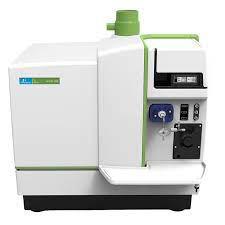
Inductively coupled plasma mass spectrometry (ICP-MS) is an analytical technique used to determine the elemental composition of a sample. The ICP-MS i.....
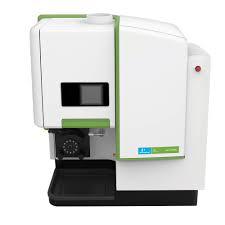
Inductively coupled plasma optical emission spectroscopy (ICP-OES) is an analytical technique used to determine the elemental composition of a sample......
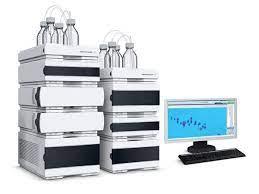
High-performance liquid chromatography (HPLC) is an analytical technique used to separate, identify, and quantify components in a mixture. The HPLC in.....
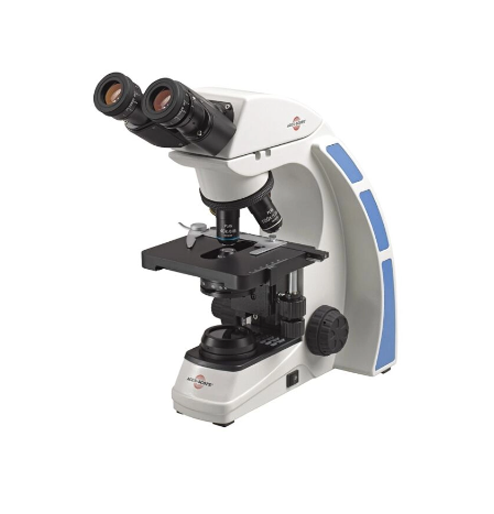
A microscope is an optical instrument used to observe objects that are too small to be seen with the naked eye. It magnifies the image of the object a.....
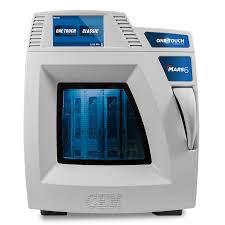
A microwave digestion system is a laboratory instrument used for the digestion of samples, particularly those containing organic.....
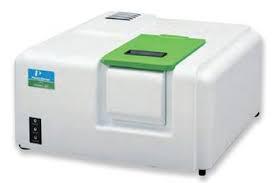
UV-Visible Spectroscopy (UV-Vis) is a widely used analytical technique that utilizes the absorption of light in the ultraviolet and visible regions of.....
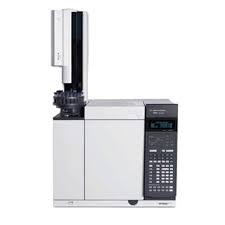
Gas chromatography (GC) is an analytical technique used to separate and analyze the components of a mixture. GC is widely used in the pharmaceutical, .....

Fourier-transform infrared (FTIR) spectroscopy is an analytical technique used to determine the chemical composition of a sample by measuring the abso.....
Signup for our weekly newsletter to get the latest products, updates and deliverd directly in your inbox.